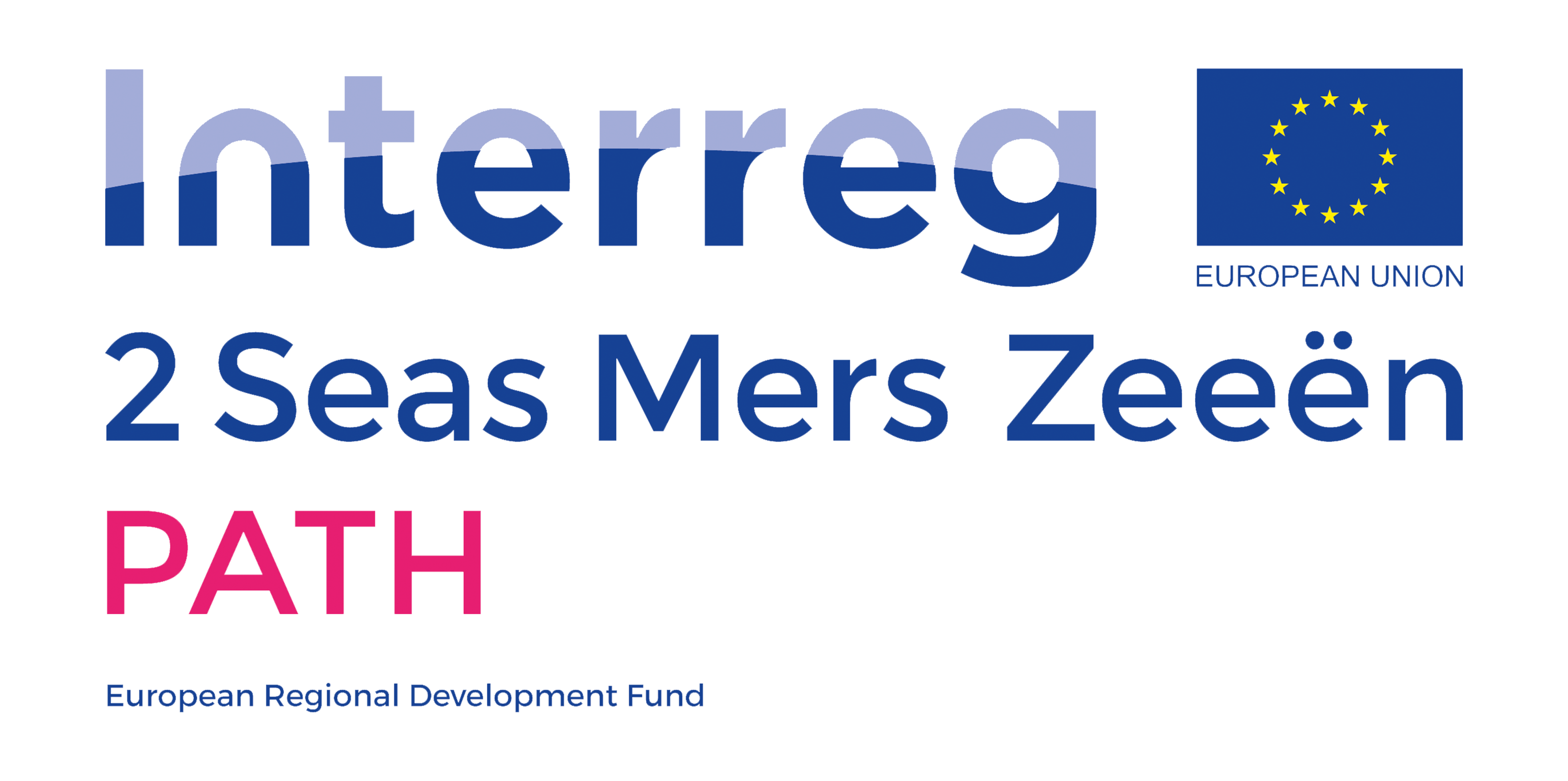
© 2021 Copyright: Bournemouth University
“If you were older, and your life was more stable, your mental health would be better…”
“You wanted this baby, get on with it.”
“There are so many people who don’t get to experience this, you should count yourself lucky.”
It was the expectation that as a woman, motherhood should come naturally to me, and when it didn’t, I felt embarrassed and ashamed that I was struggling and had to seek help from a mental health service.
Of course I was so lucky to have a baby, and I count my lucky stars every single day for the cheeky gift who wakes me up early with his arms outstretched to me each morning, but that doesn’t mean that it isn’t a struggle and that I don’t feel anxious, or worried, and it certainly doesn’t take away the OCD that I battle with on a regular basis.
These prejudices set myself up for failure, and even now, I find myself questioning my own abilities as a mother and if I am good enough to raise my son. On a good day, I know that no one else would ever be better than I am for him, and that he needs me. However the constant questioning on how I am managing my own mental health two years on when the day is not so great, from my own family at that, can enforce the negative feelings I have on my own abilities.
My husband experienced his own stigma, and the pressure he put on himself that as the protector, he should be able to stop me feeling so low, and not having anywhere to turn to deal with his own mental health because as a man, he has to deal with it and ‘man up’.
Who is it who gets to decide what is the right and wrong way of doing things, and how people should act; speak; think; feel, during one of the hardest times an individual experiences when adjusting to parenthood?
Unfortunately stigma is not going to be going any time soon, and is present in all walks of life. However we can share our knowledge and experiences to hopefully educate others to prevent even one person presenting these expectations on another, and helping others to get the right support they need to be the best caregiver they can.